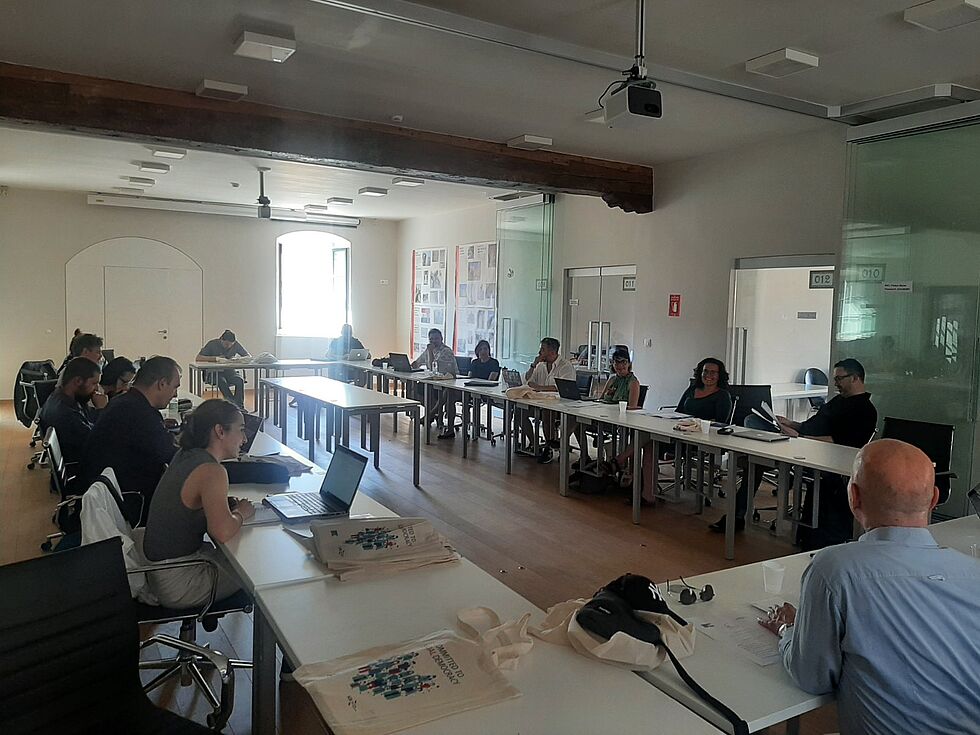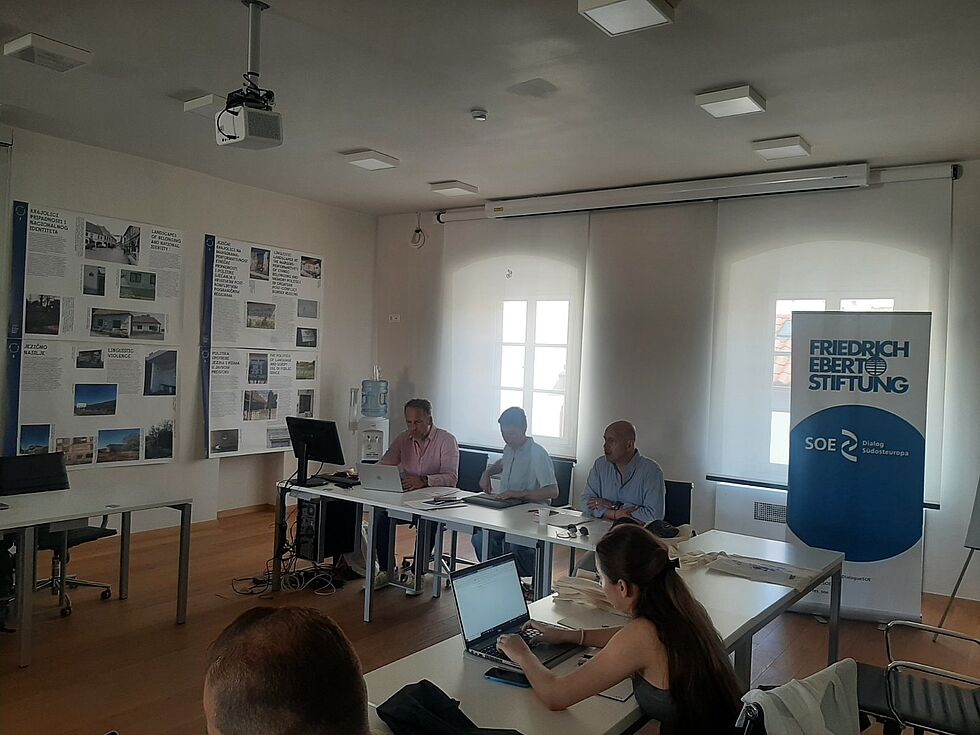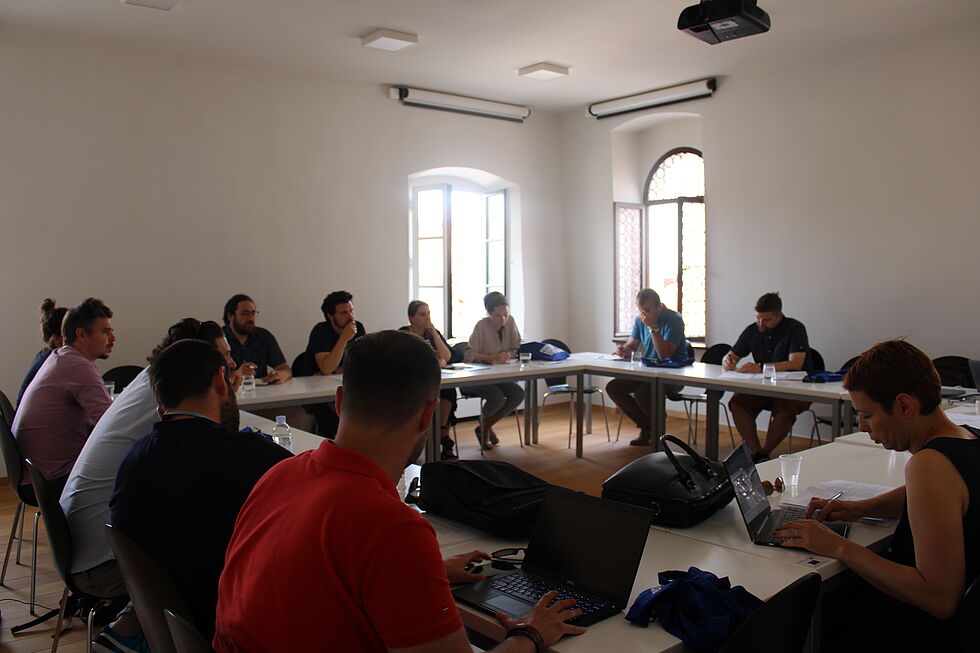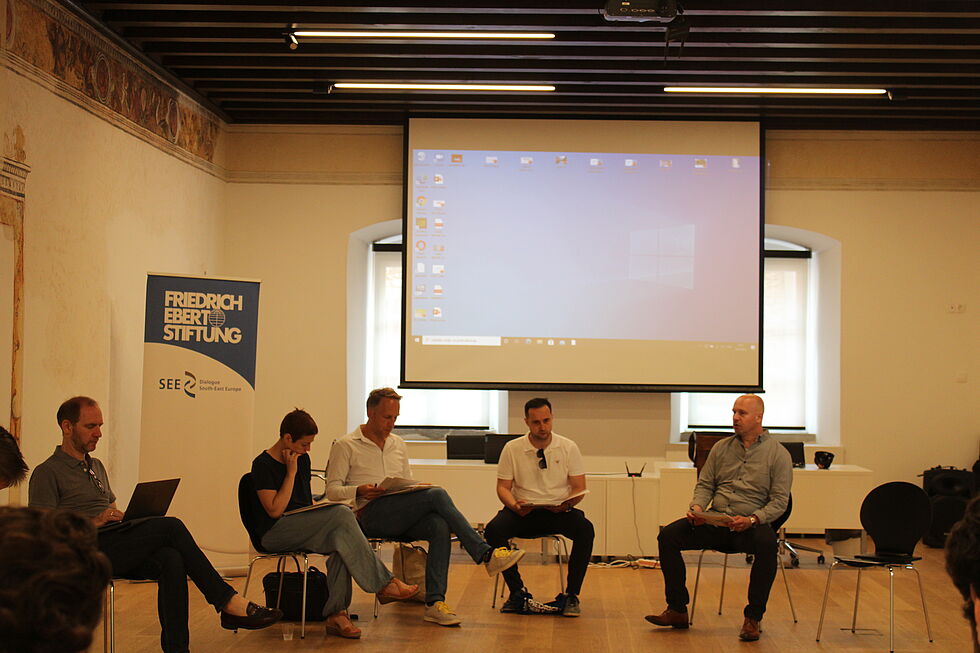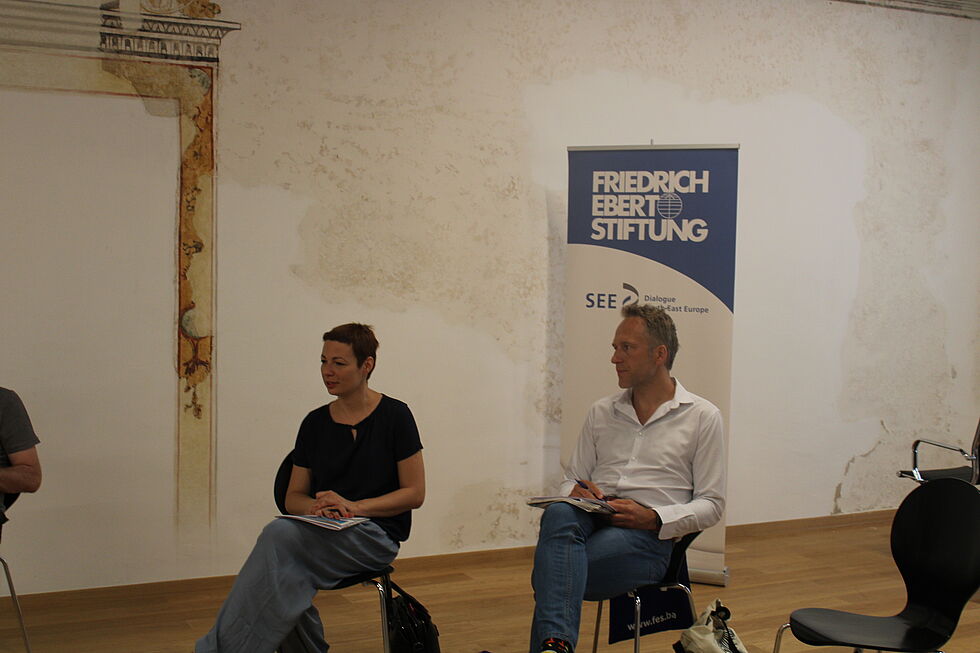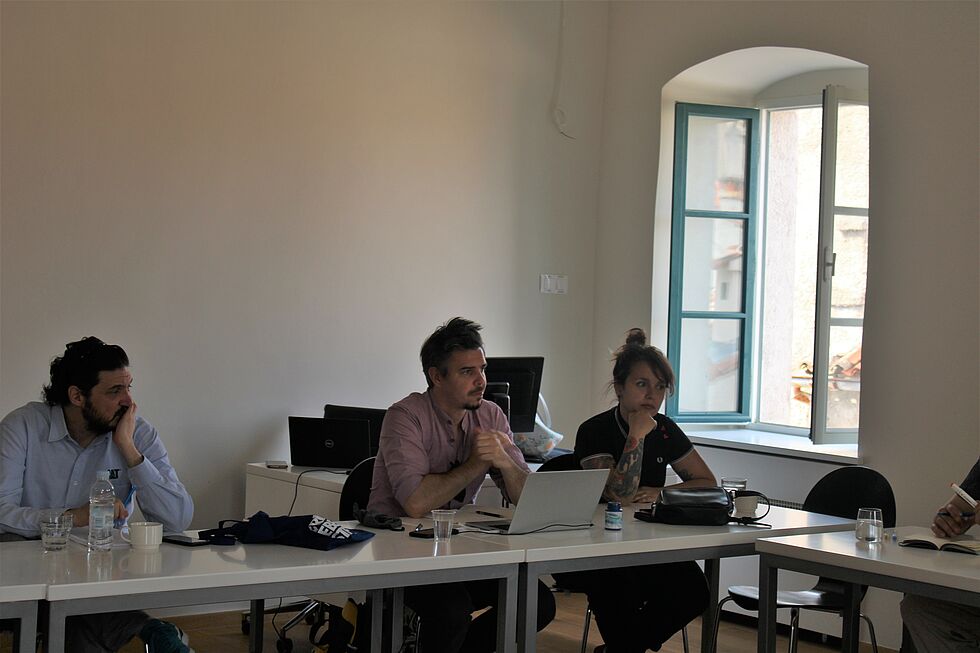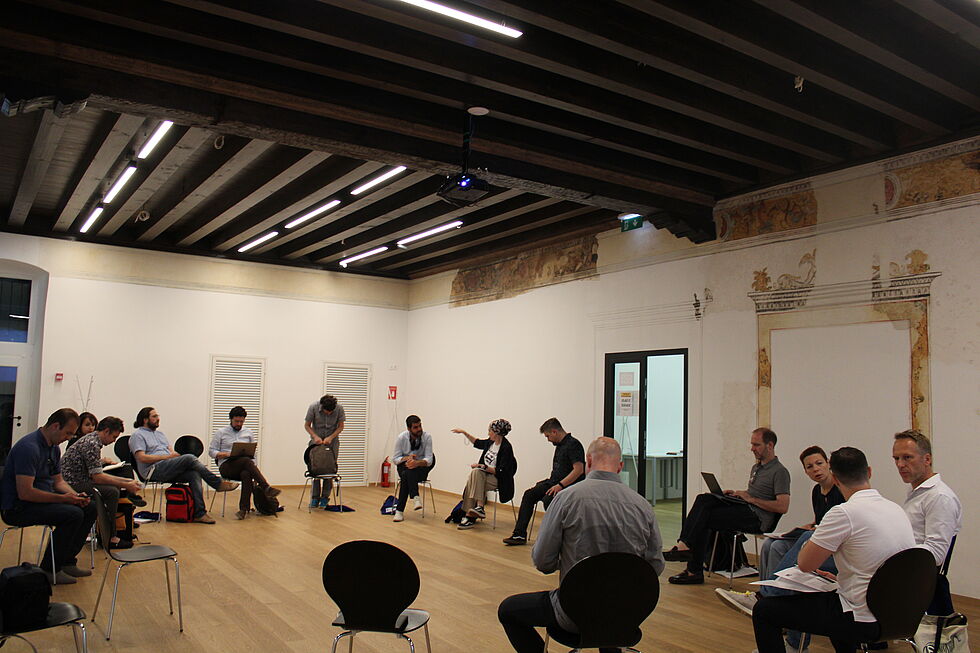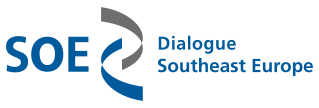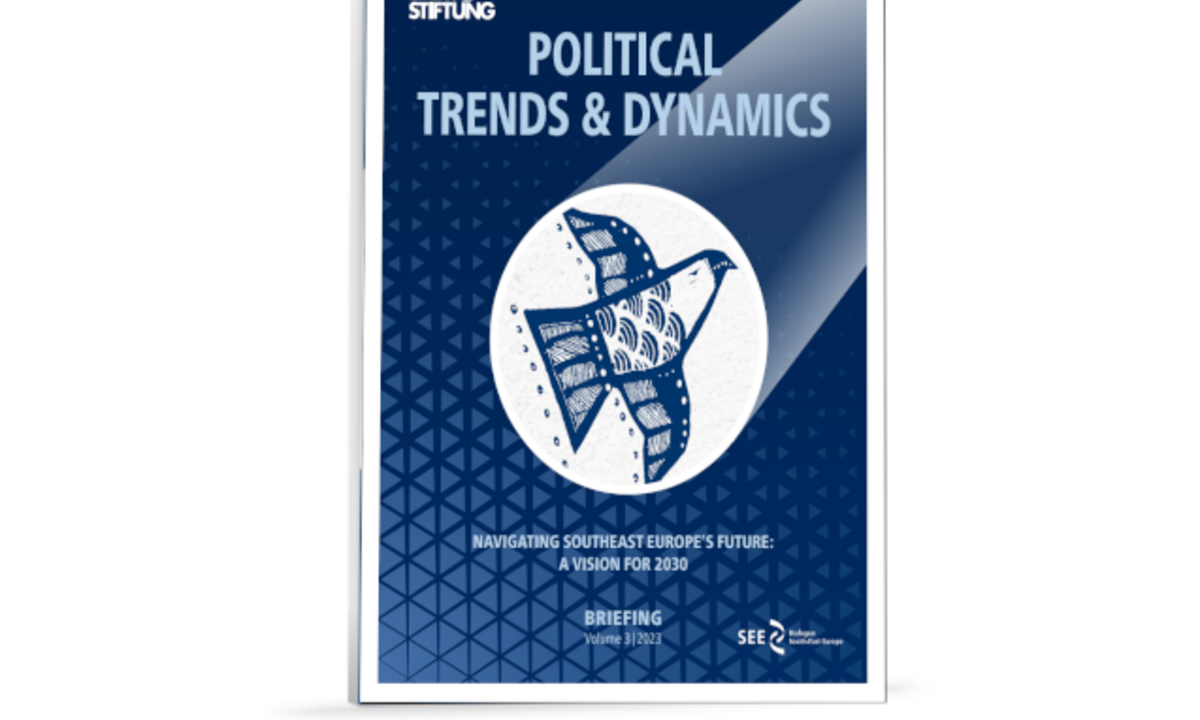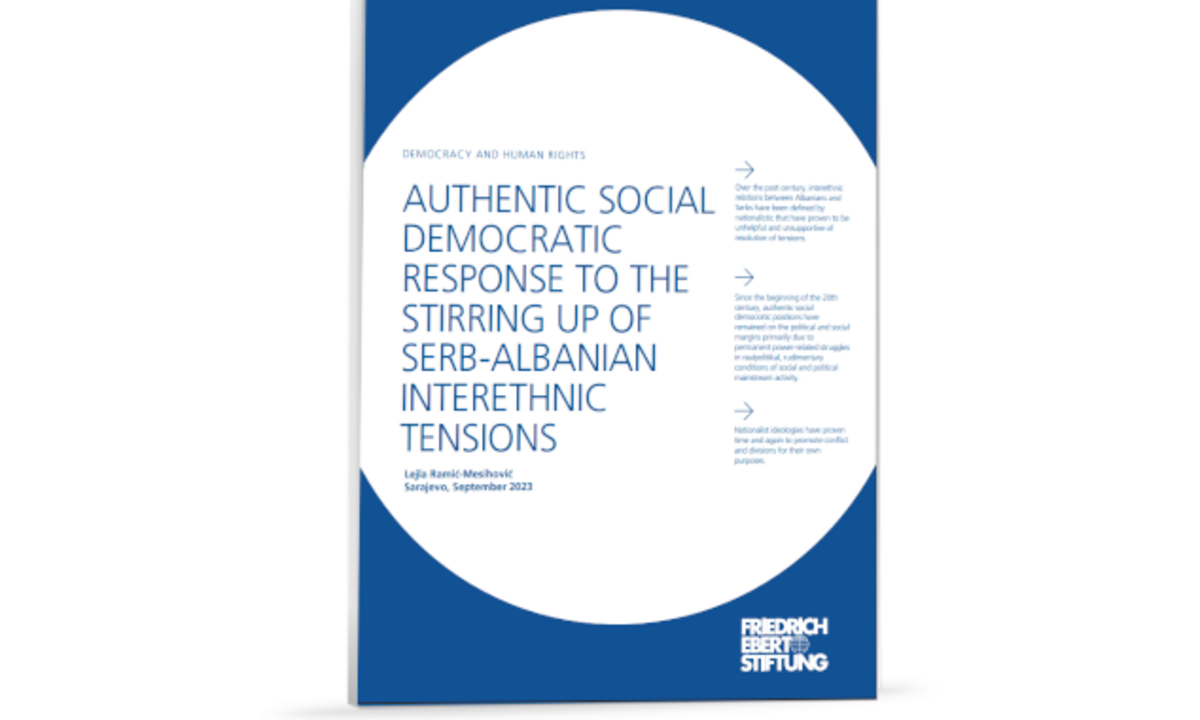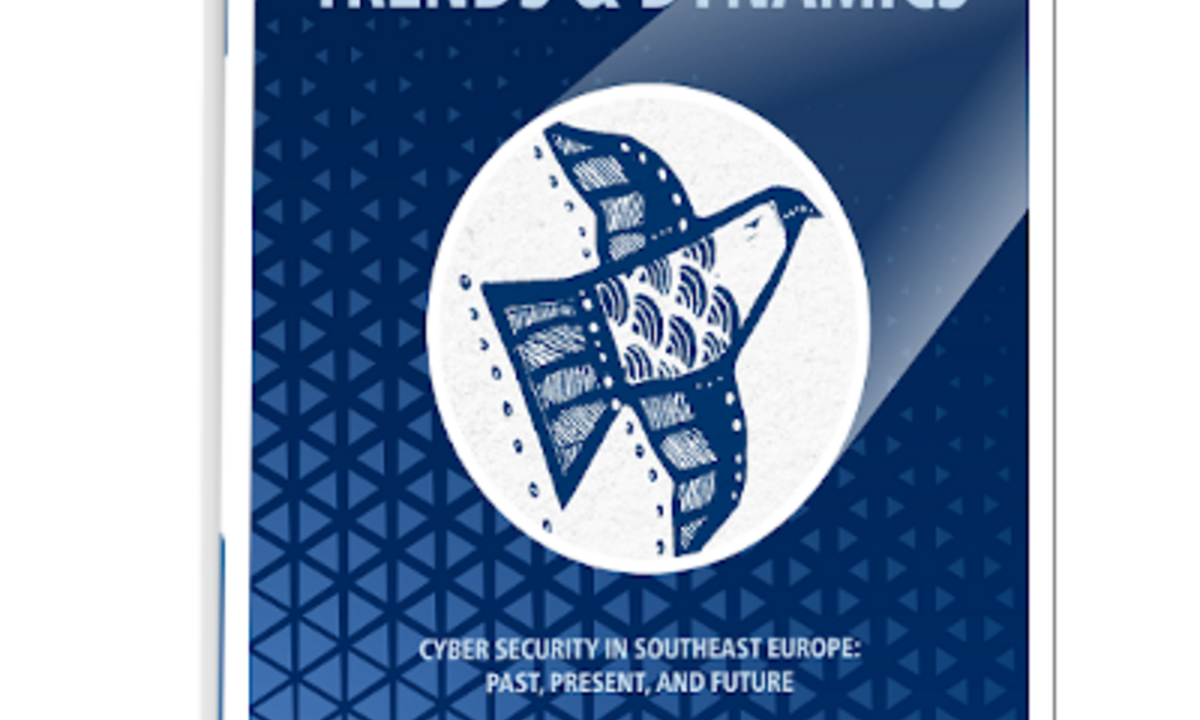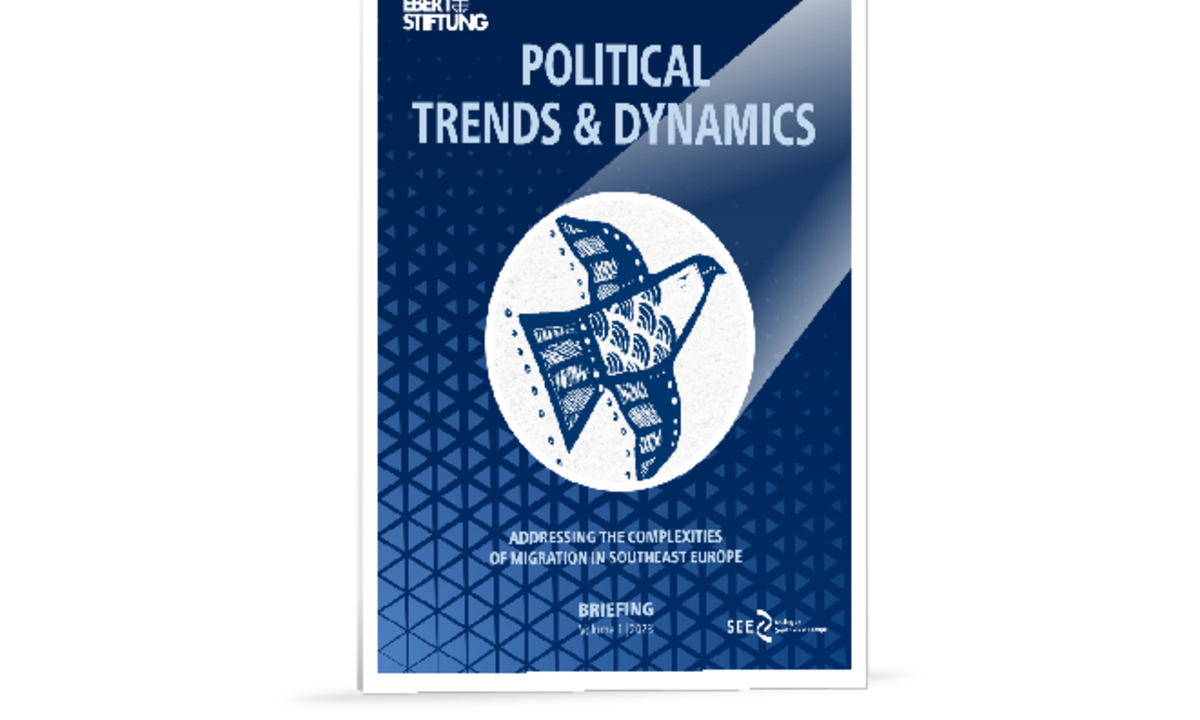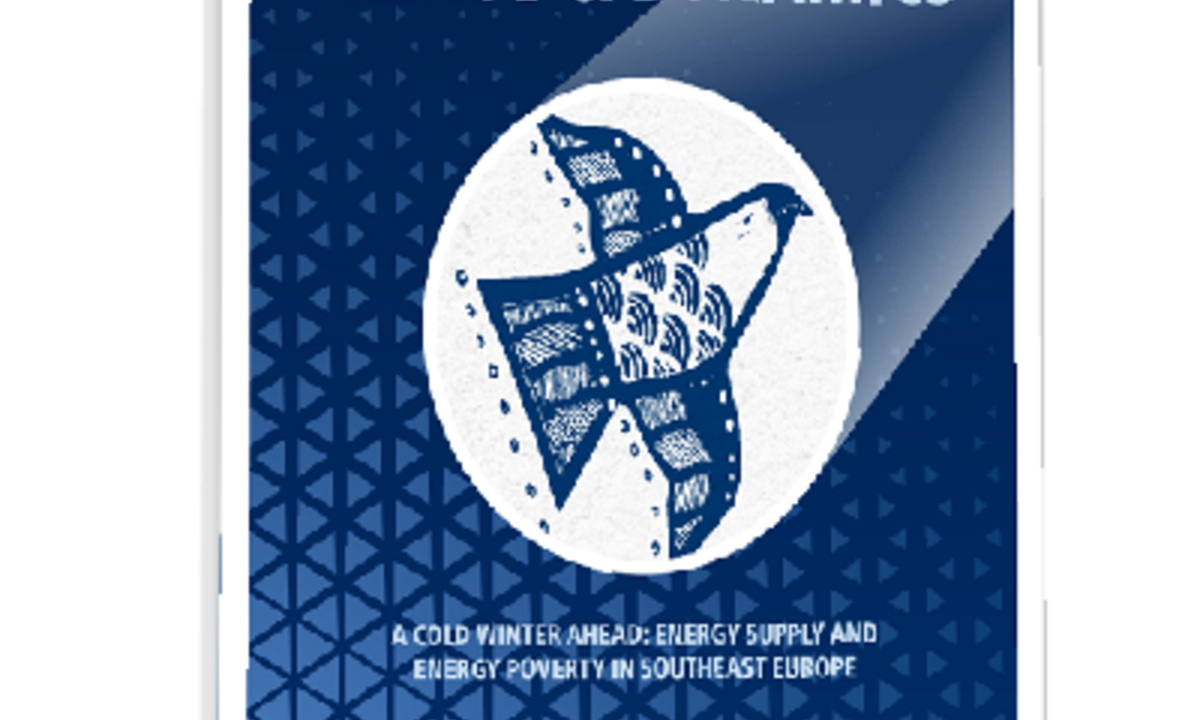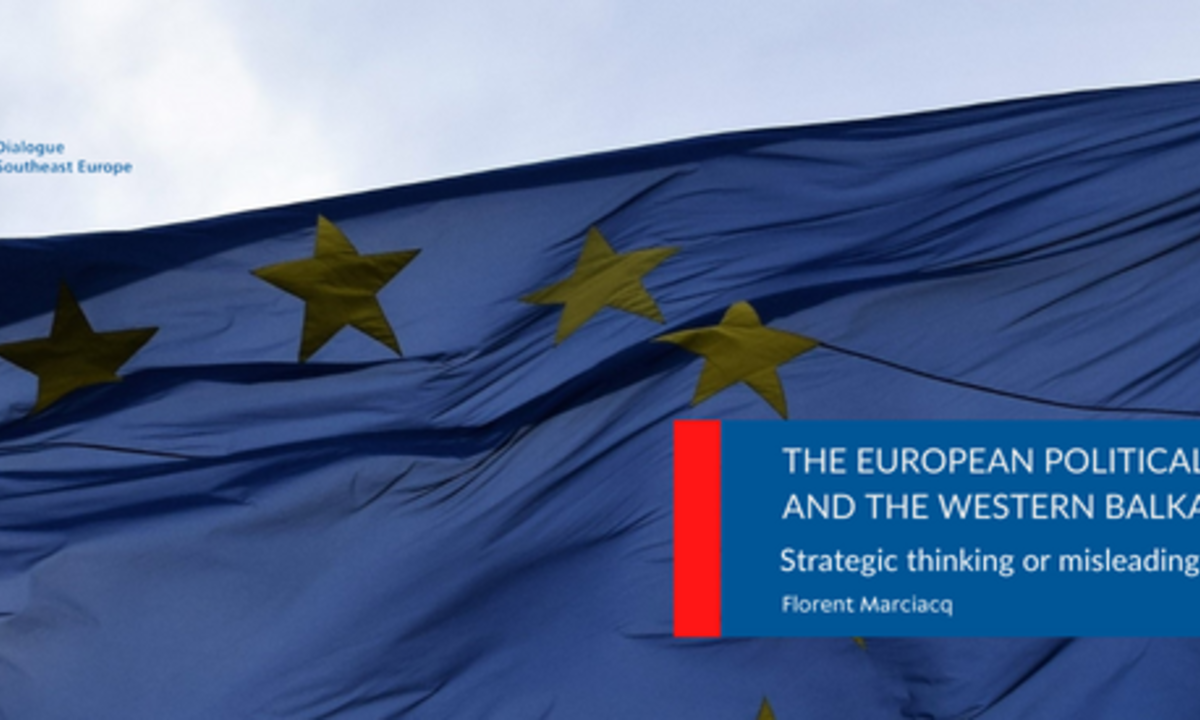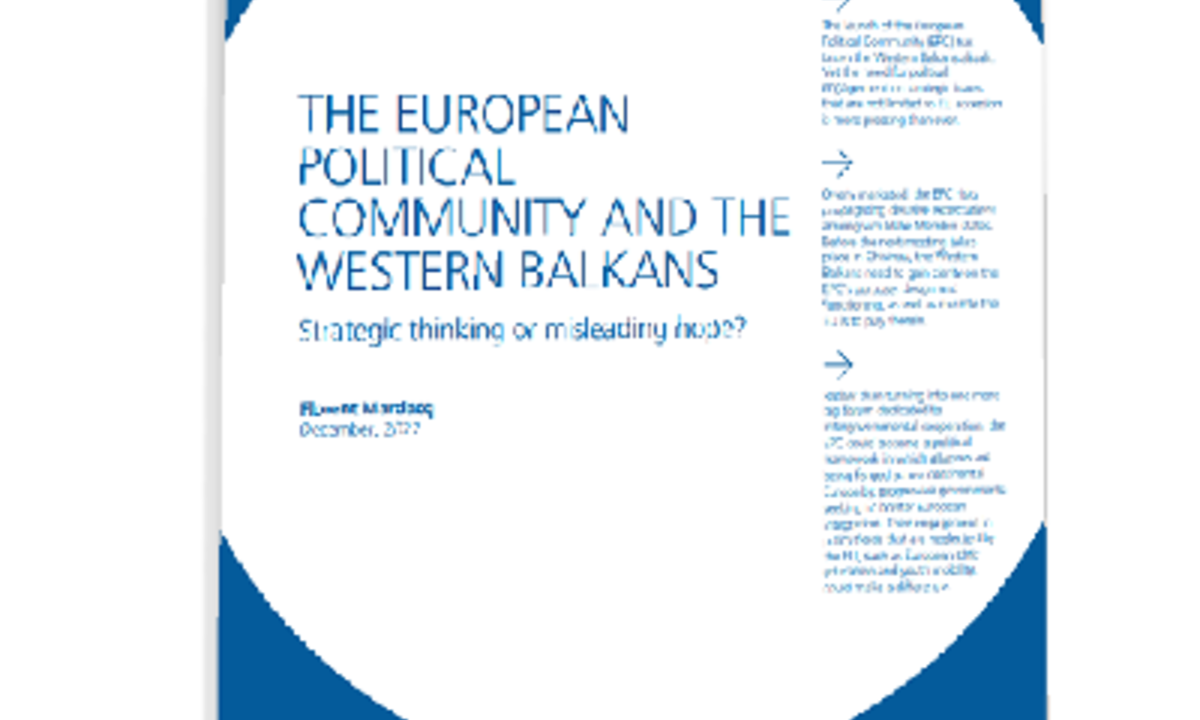Countering the Far-Right: New Far-Right Landscapes in (Southeast) Europe?
The intersection of far-right ideologies and the ongoing conflict in Ukraine has ushered in a complex and evolving landscape in Southeast Europe. At the workshop held at Palača Moise in Cres, Croatia, we delved into the intricate web of connections, influences, and challenges posed by the far-right in Southeast Europe.
The workshop opened with a conversation on the repercussions of the Russian invasion of Ukraine. Notably, it was observed that Russia had become a fertile ground for the growth of right-wing groups. Intriguingly, the conflict had led to far-right groups switching allegiances, with some previously pro-Ukraine factions embracing pro-Russian stances and vice versa. Drawing parallels to past conflicts, the workshop discussed how a far-right group from Croatia expressed support for Serbia after NATO intervention in the Yugoslav war. These shifts underscored the shifting nature of far-right allegiances.
The war in Ukraine triggered a global ripple effect on radicalization in Europe, influenced far-right movements worldwide, and revealed how interconnected these movements really are. This influence has manifested in the region through symbols, flags, graffiti, and memes. Notably, the presence of different symbolism and the involvement of foreign fighters from the Balkans highlighted the region's significance in this evolving landscape.
The second day of the workshop delved into strategies for addressing the challenges posed by far-right movements. Participants emphasized the importance of understanding and countering the visual aesthetics of these groups, particularly graffiti. Open-source investigative techniques were highlighted as tools for shedding light on far-right activities. The participants also expressed the emergence of conspiracy theories as a recruitment tactic, with extremist organizations infiltrating various groups. The workshop also discussed the complexities of solidarity within the region, acknowledging the need for a more inclusive approach rooted in societal cooperation.
The workshop shed light on the evolving far-right landscape in Southeast Europe, influenced by the conflict in Ukraine and global dynamics. While challenges persist, participants underscored the importance of continued engagement, cooperation, and vigilance in countering far-right ideologies and fostering positive change in the region for more resilient democracies.
Friedrich-Ebert-Stiftung
Dialogue Southeast Europe
Kupreška 20, 71000 Sarajevo
Bosnia and Herzegovina
Team & Contact
Subscribe to our mailing list and receive our publications as soon as they are available: send us your contact info via info.soe(at)fes.de


